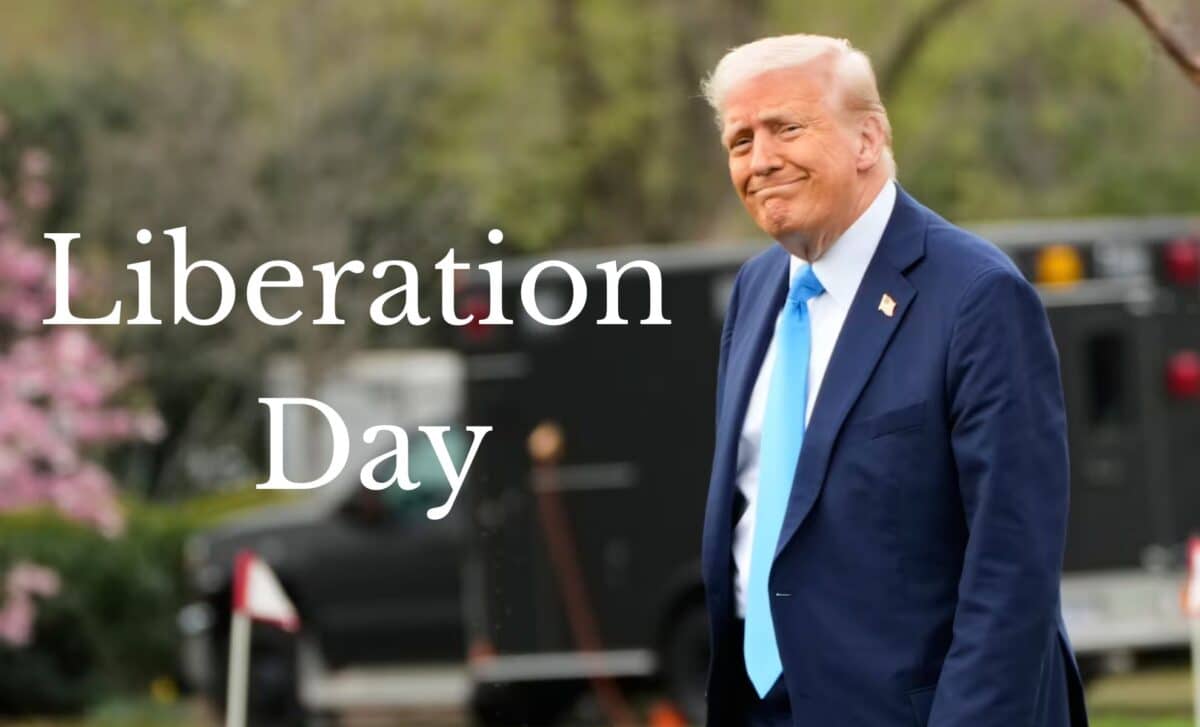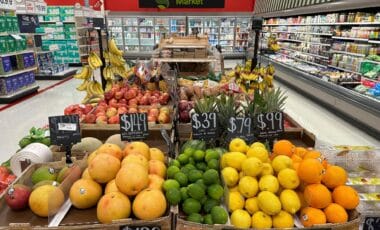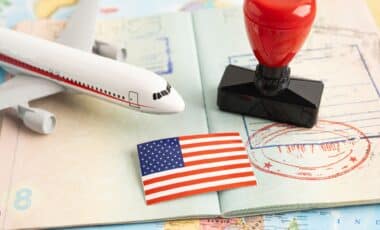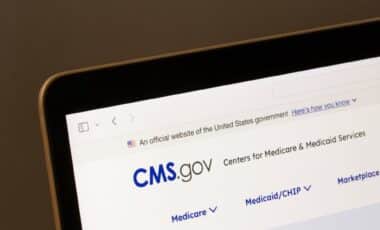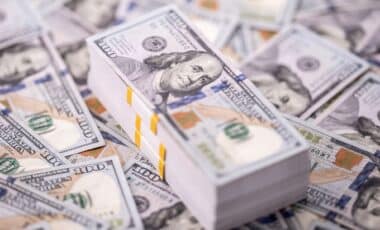A new set of tariffs due to take effect on 2 April, dubbed “Liberation Day” by Donald Trump, is drawing criticism from a majority of Americans who say the president is focusing too heavily on trade wars and not enough on cost-of-living concerns.
According to a CBS News/YouGov poll, the public is increasingly skeptical of the economic benefits promised by the former president.The poll, conducted from 27 to 28 March, reflects growing concern over Trump’s approach to managing the economy, particularly in light of inflation and household financial strain.
As the tariff deadline nears, Americans appear unconvinced that the strategy will bring down prices in either the short or long term.
Majority of Americans Skeptical of Tariff Benefits
According to the CBS News/YouGov poll, 64% of respondents believe the Trump administration is not focusing enough on lowering prices, while 55% feel there is an excessive focus on implementing tariffs.
A central component of the upcoming measures is a 25% tax on imported vehicles, which critics argue will raise costs across both new and used car markets.
Only 29% of those polled think Trump’s trade policies will decrease prices over time, undermining a key claim made by the president. In contrast, 72% expect tariffs to drive prices up in the short term, and nearly half — 47% — believe those increases will persist.
Public opinion on personal financial outcomes has also shifted: the percentage of Americans who expected to be better off under Trump’s policies has fallen from 42% in January to 23%, while those who now say they will be worse off has increased to 42%.
While Trump’s comments to NBC News suggest he sees rising foreign car prices as a catalyst for consumers to “buy American,” the economic reality is more complex.
Most U.S. manufacturers have limited offerings in the low-cost segment, which is largely dominated by international brands. Tariffs are expected to disproportionately affect lower-income consumers, who may struggle to afford alternatives.
Mixed Approval Ratings Highlight Policy Divide
Trump’s economic approval rating has dipped into negative territory, now standing at 44% approval versus 56% disapproval, according to the CBS poll. Inflation remains a major issue, with his handling of it faring worse: 48% approve, compared to 52% disapprove.
Despite this, Trump maintains a 50:50 overall job rating, his highest since leaving office. On immigration, he continues to perform better, with 53% of respondents approving of his policies.
Voters are also divided on responsibility for inflation: 38% blame President Joe Biden’s policies more, compared to 34% who blame Trump, and 19% say both are equally at fault.
Trump has already imposed tariffs on goods from China, Mexico and Canada, in addition to steel and aluminium imports. He is also inviting CEOs to the White House to promote domestic investment as a countermeasure.

